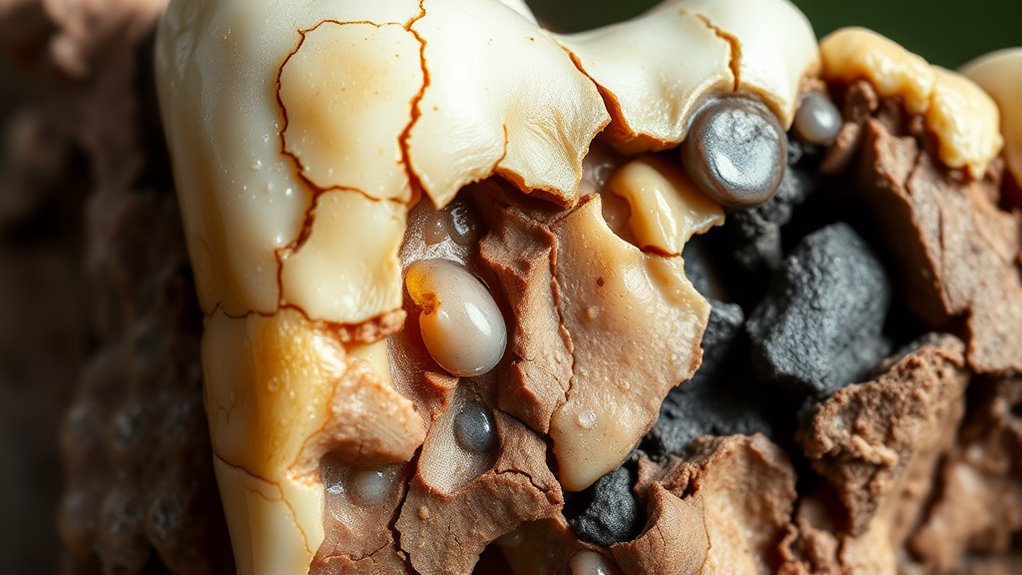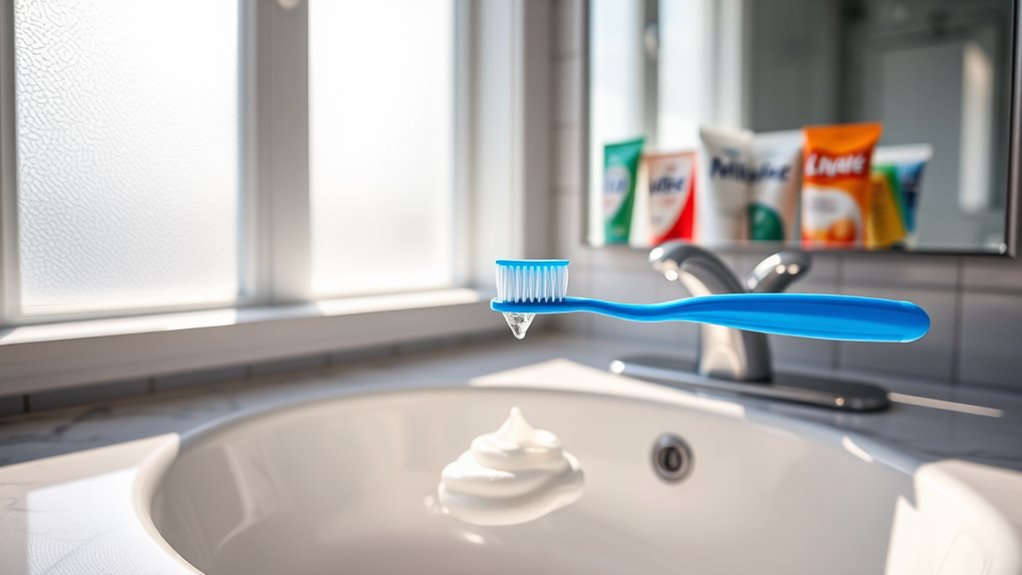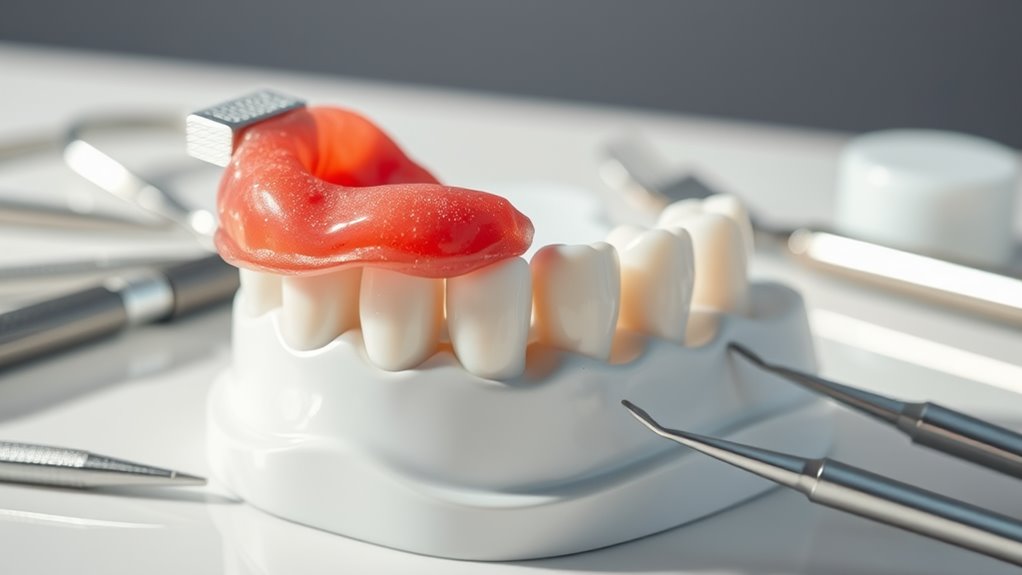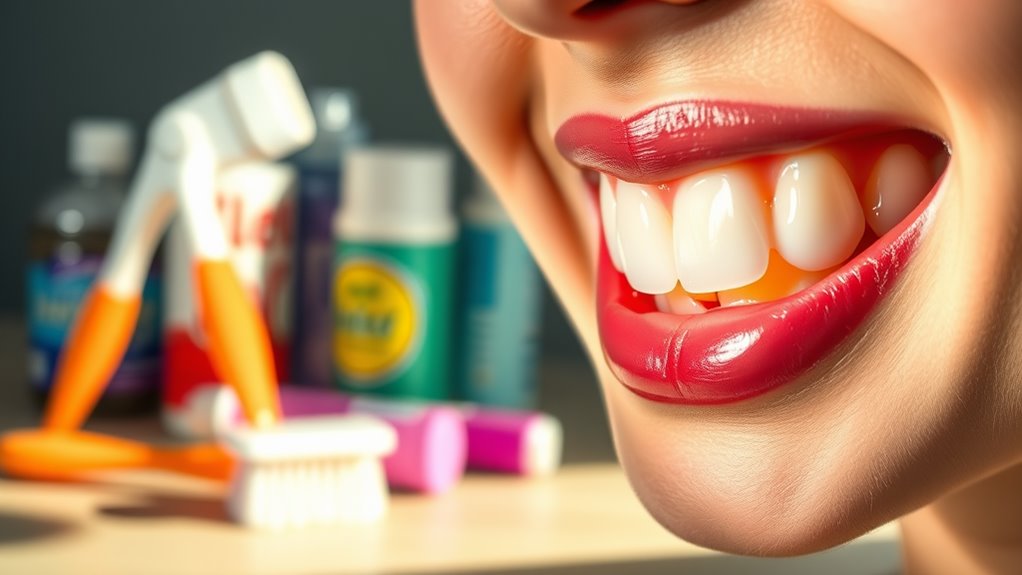Do Cavities Spread. The Answer Might Surprise You!
You might think cavities can spread from one tooth to another, but that’s a common misconception. Many people worry about their dental health, believing that neglecting one tooth could lead to problems in others. However, the truth is more nuanced. Understanding how cavities develop and what factors contribute to them can change your perspective on dental care. So, what really causes cavities, and how can you prevent them? Let’s uncover the facts.
Understanding Tooth Decay and Cavities
Tooth decay and cavities can sneak up on you if you’re not careful, as they result from the gradual breakdown of tooth enamel caused by bacteria.
It’s easy to fall for cavity myths that can mislead you about dental health. For instance, many believe that only sugary snacks cause cavities, but bacteria thrive on any carbohydrate! Understanding how these misconceptions can affect your oral hygiene is crucial for you and your community.
You might think brushing twice a day is enough, but it’s equally important to floss and use mouthwash to combat those sneaky bacteria. Regular dental care helps manage harmful bacteria that contribute to decay and cavities.
Also, regular dental check-ups help catch issues before they escalate. Remember, knowledge is power, and discussing these myths with friends can help everyone maintain healthy smiles.
The Myth of Cavities Spreading Between Teeth
While many people worry that cavities can spread from one tooth to another, this concern is largely a misconception. Cavities aren’t contagious, so you won’t catch a cavity just because you’re close to someone who’s one. What actually happens is that poor oral hygiene and the same dietary choices can lead to multiple cavities in different teeth. If you neglect your dental care, it’s likely that more than one tooth will be affected over time. Additionally, factors like genetic influences can increase your susceptibility to cavities despite good hygiene practices.
How Untreated Cavities Progress
If you leave cavities untreated, they don’t just sit idle; they gradually worsen over time. Initially, they may start as small, harmless spots on your teeth, but over time, they can penetrate deeper into the enamel.
As the decay progresses, you might notice sensitivity to hot or cold foods. This discomfort signals that the cavity is reaching the softer layers of your tooth.
If you ignore these signs, the decay can reach the pulp, potentially leading to severe pain and infection. At this stage, you may need a root canal or even tooth extraction, which can affect your overall health and well-being.
Taking care of your dental health isn’t just about avoiding pain; it’s about feeling confident in your smile and being part of a community that values self-care.
Factors Influencing Cavity Development
Understanding the factors that influence cavity development can help you take proactive steps to protect your teeth. Several key elements play a role in whether you’re at risk for cavities.
| Factor | Description | Impact on Cavities |
|---|---|---|
| Diet | High sugar and acidic foods | Increases decay risk |
| Oral Hygiene | Frequency of brushing and flossing | Reduces plaque buildup |
| Saliva Production | Amount and quality of saliva | Protects against decay |
| Genetics | Family history of dental issues | Influences susceptibility |
Additionally, maintaining a balanced diet and prioritizing oral hygiene can significantly lower your risk of developing cavities.
Prevention Strategies for Healthy Teeth
To maintain healthy teeth and prevent cavities, you can adopt several effective strategies. Start by brushing your teeth at least twice a day with fluoride toothpaste. This simple habit can make a huge difference in your oral health.
Don’t forget to floss daily; it’s essential for removing plaque between your teeth where your brush can’t reach.
Limit sugary snacks and drinks, as they fuel cavity-causing bacteria. Instead, choose healthy snacks like fruits and nuts that contribute to your dental health.
Regular dental check-ups are also vital; your dentist can catch potential issues early and keep you informed about your oral care. Neglecting routine dental check-ups can lead to serious oral health consequences that are easily preventable.
Staying hydrated by drinking plenty of water helps wash away food particles and bacteria.
You’re not alone on this journey; share tips with friends and family, and encourage each other to maintain those beautiful smiles.




